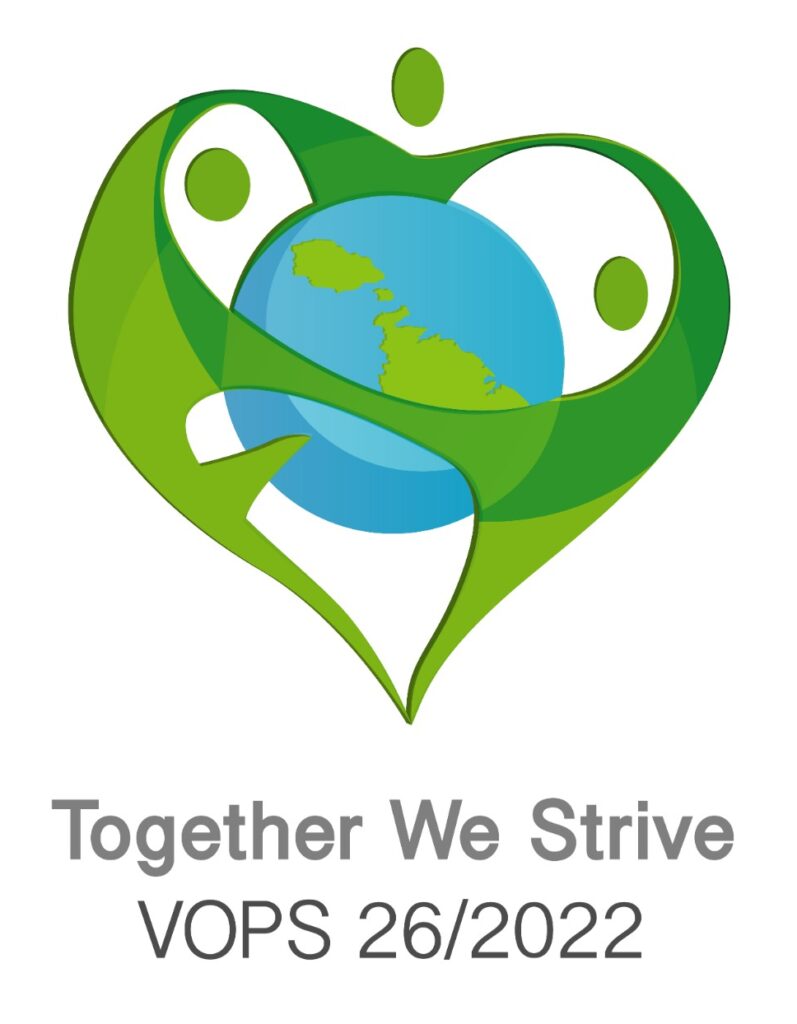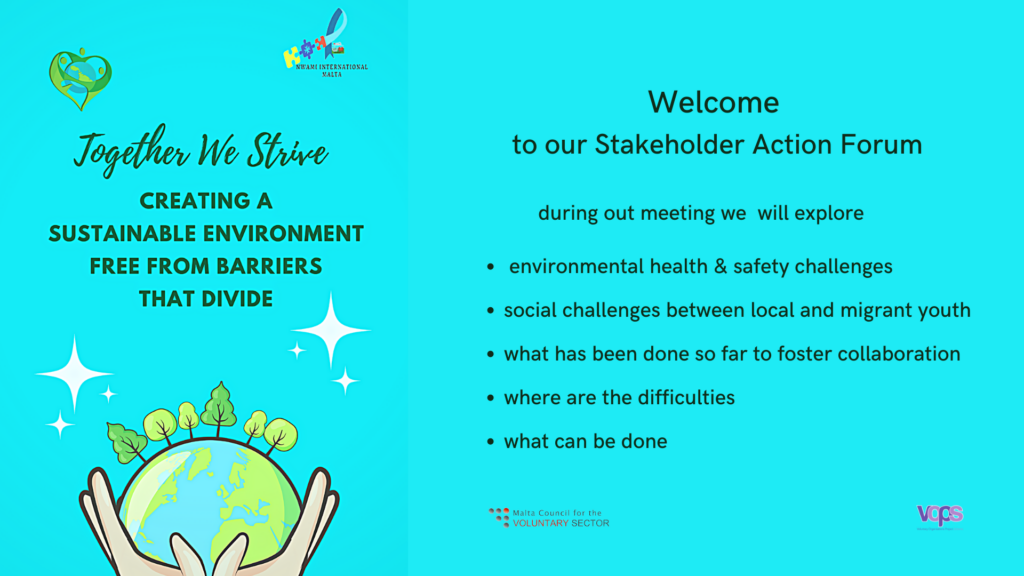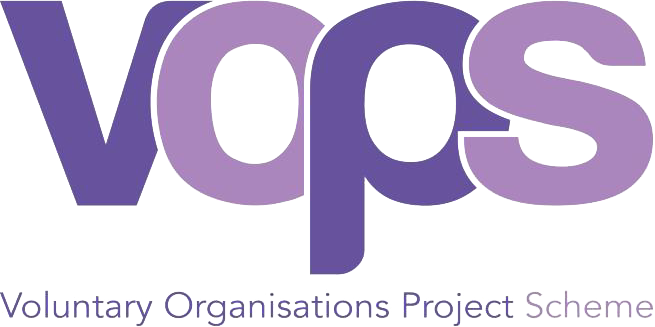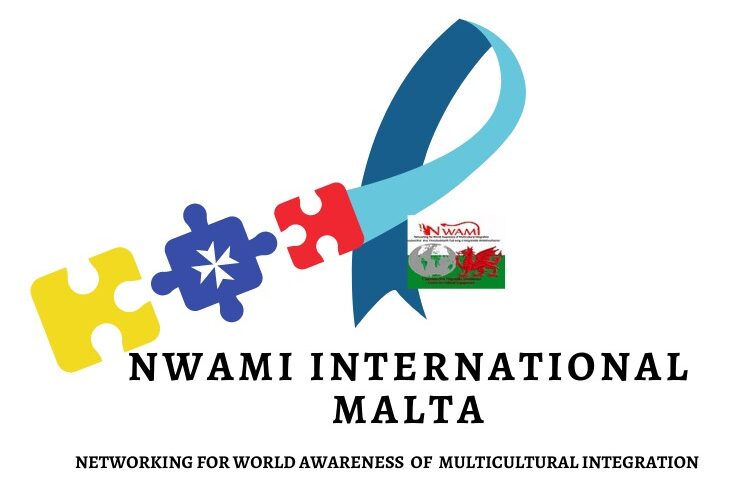
The purpose of the stakeholder forum is to learn from the experts working with communities about their experience of working with migrant and local youths and their families and get an idea about the level of interest in safeguarding the environment together.
During this meeting we also will explore with Educators, NGO staff, Inclusion officers, Community workers, and Influencers working with local and migrant youths’ environmental health and safety challenges as well as social challenges that migrant and local youths and their families are facing. For the scope of this project, we also wanted to learn what has been actively done so far to mitigate or eliminate these challenges and explore possible solutions.
STAKEHOLDER ACTION ROUNDTABLE:
16th June at RMHC Learning Centre
The purpose of this roundtable was to identify the challenges, needs and level of interest of both migrant and local communities and their youth element in safeguarding the environment, understood also as the urban fabric and aspects of community life.

The event was attended by a mix of core stakeholders in the debate, in the context of a multitude of challenges related to an unprecedented expansion in multiculturalism in Malta. Representatives included the African Youth and Young Adults Movement Malta (Y.A.Y.A) and MOAS (Migrant Offshore Aid Station), together with a social worker from the Agency for Community & Therapeutic Services within the Foundation of Social Welfare Services (ACTS-FSWS).
During this consultative forum, participants observed inherent shortcomings in the infrastructure and governance with regard to community integration. Space was a main issue raised by both MOAS and the ACT-FSWS representatives, in the context of a general lack of green spaces, but also safe spaces where one can congregate. Access to healthcare, discrimination related to public transport, and the lack of adequate housing for migrant communities were also mentioned, together with the stark remarks by all representatives regarding access to drinking water and personal hygiene in detention centres.
Empirical observation depicts a context where racism is rife, not only in the case of violent displays of discrimination, but also a series of biases and generalisations that should be tackled through education and cultural awareness. The causes were associated by the stakeholders with a lack of understanding of cultural contexts and a prevailing prejudiced mindset which leads to conflict between local and migrant communities.
Youths frequently bear the brunt of such situations: in a context of alienation, they end up being left alone with no support or constructive stimulation, and resort to criminal activity such as vandalism or gangs. Beyond episodes of aggressive racism, the educational system was singled out as being unprepared for migrant influx, with Qawra as the prime example: a migrant community with over 100 languages, with instances of racism from educators and the absence of people of colour in leadership positions.
In the light of few efforts to mitigate challenges and foster collaboration, the roundtable came up with a variety of proposals to further promote integration and build trust between communities. Stakeholders called for greater government participation, such as in the case of instituting more green areas for community building, together with addressing stereotypes that deter confidence in this new social reality. The roundtable highlighted the need for more exchanges that promote opportunities for communities to work together and share experiences and best practices, such as the creation of learning platforms, or the example of promoting farming activities where migrants work with locals and also have a chance to develop their own enterprise.
An interesting overarching concept highlighted by the YAYA representative was territorialism, in the sense of individuals or communites perceiving threats to their spaces and thus to their identity. This can be tackled through a programmatic cultural awareness that builds trust and confidence, through learning about each other’s cultures in order to move towards a more productive understanding.
“This project has been funded through the Voluntary Organisations Project Scheme managed by the Malta Council for the Voluntary Sector supported by the Ministry for Inclusion, Voluntary Organisations and Consumer Rights (MIVC)”.



